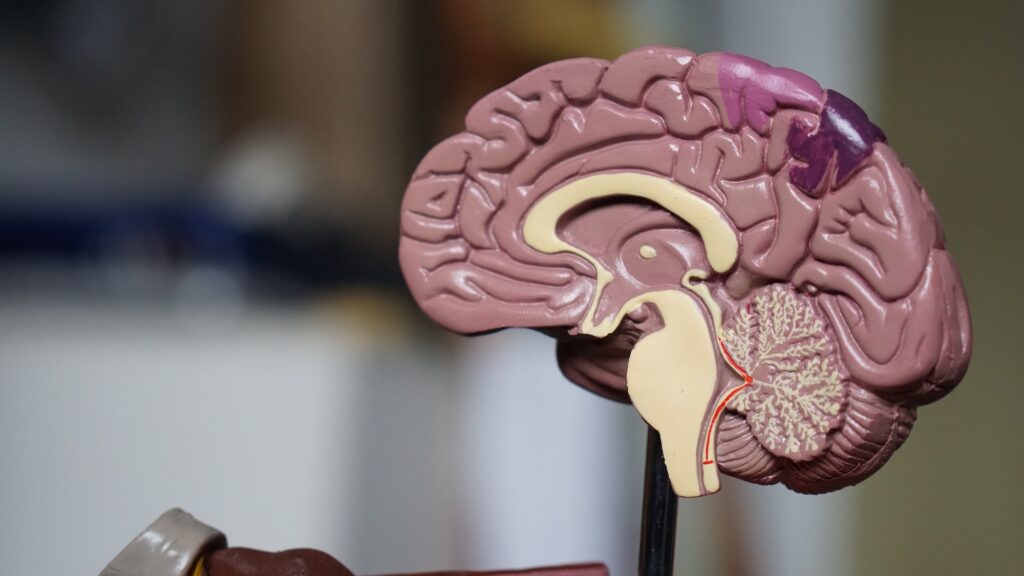
Dementia is a broad term that encompasses a range of diseases that are caused by damage to the brain cells, resulting in cognitive impairment. One of the most common types of dementia is Alzheimer’s disease, which accounts for up to 80% of dementia cases. Contrary to what some people think, dementia is not a normal part of aging.
Currently, there is no cure for dementia, and few treatments help manage the symptoms of these diseases. When adult children are informed that their parent was diagnosed with any form of dementia, it can be disheartening and concerning. Questions begin to swirl in one’s mind:
- Is dementia genetic?
- Is dementia hereditary?
- Is there a genetic test for dementia?
In this article, we answer those questions and introduce you to geriatric care specialists who can help support your family, given your parent’s new diagnosis.
Is Dementia a Genetic Disease?
Before answering the question, “Is dementia genetic?” we need to define some terms.
How Can Genes Cause Diseases?
Genes are sections of DNA. Each gene carries instructions that determine your features, such as eye color, hair color, and height. When a gene(s) “mutates” or alters in some way, it can cause a disease.
Single-gene diseases
Single-gene disorders are rare, affecting only 1% of the population, but they are serious. These disorders can be passed down through families, and the risk of them occurring in later generations is predictable.
Most types of dementia are seldom caused by a single-gene change, but it does happen. Familial Alzheimer’s disease, frontotemporal dementia, and vascular dementia are three rare types of dementia caused by single-gene mutations that can be inherited.
Complex or multiple-gene diseases
Multiple-gene diseases develop as a result of several “risk” factors, including:
- Environment and lifestyle
- Multiple-gene variants
Since complex diseases are caused by numerous factors coalescing, it’s not possible to directly inherit them based on one mutated gene. However, if a complex disease runs in your family, you will often have an increased chance of developing it. Leading a healthy lifestyle may help reduce the risk factors associated with these diseases.
So, is dementia a genetic disease? Yes, genetics do play a role in dementia, but there are other contributing factors, such as a person’s physical health, that should be taken into consideration.
Is Dementia Hereditary?
Does dementia run in families? In rarer types of dementia, there is a strong genetic link, in which case dementia can be passed down. However, not all types of dementia are caused by genetics—environmental factors and certain lifestyle choices may increase a person’s risk of developing dementia. The exact cause of dementia is unknown, but scientists and healthcare professionals are actively working to find effective treatments and cures.
Is There a Genetic Test for Dementia?
You can get a genetic test for single-gene mutations and some risk variants linked to dementia.
1. Diagnostic testing for dementia
Diagnostic tests are best for those whose dementia was likely caused by a single-gene change. Since dementia can be inherited, the person being tested should also have a strong family history of dementia.
2. Predictive testing for dementia
Predictive genetic testing can be helpful for relatives of someone with a single-gene change that causes dementia. A genetic test will let relatives know if they inherited the same gene change that will cause dementia in the future.
Speak With a Dementia Care Specialist
If you’re the child of a parent with dementia, care can be complex. You don’t want them to live alone with worsening symptoms, but maybe you can’t move them in with you or become their full-time caregiver. We understand. You have a life to live and can’t spend every waking moment watching over your loved one—and you shouldn’t have to.
So, what should you do if your mother or father has dementia? Call Stowell Associates.
At Stowell Associates, we have dementia care specialists, known as geriatric care managers, who support families and their aging loved ones. After a person-centered care assessment, we create a care plan for your aged family member that meets their unique needs. In-home caregiving is one solution that may be part of your parent’s care plan.
In-home caregivers from our partner, TheKey, are overseen by geriatric care managers who ensure your parent’s care plan is followed. TheKey’s caregivers are expertly trained to support those living with any type of cognitive decline, from mild memory problems to advanced dementia, so your parent will be in good hands.
Whether you’re a family caregiver that needs respite or an adult child looking for full-time senior care to support your parent with dementia, call our Care Team at 414-488-6491 to learn how we can help.









